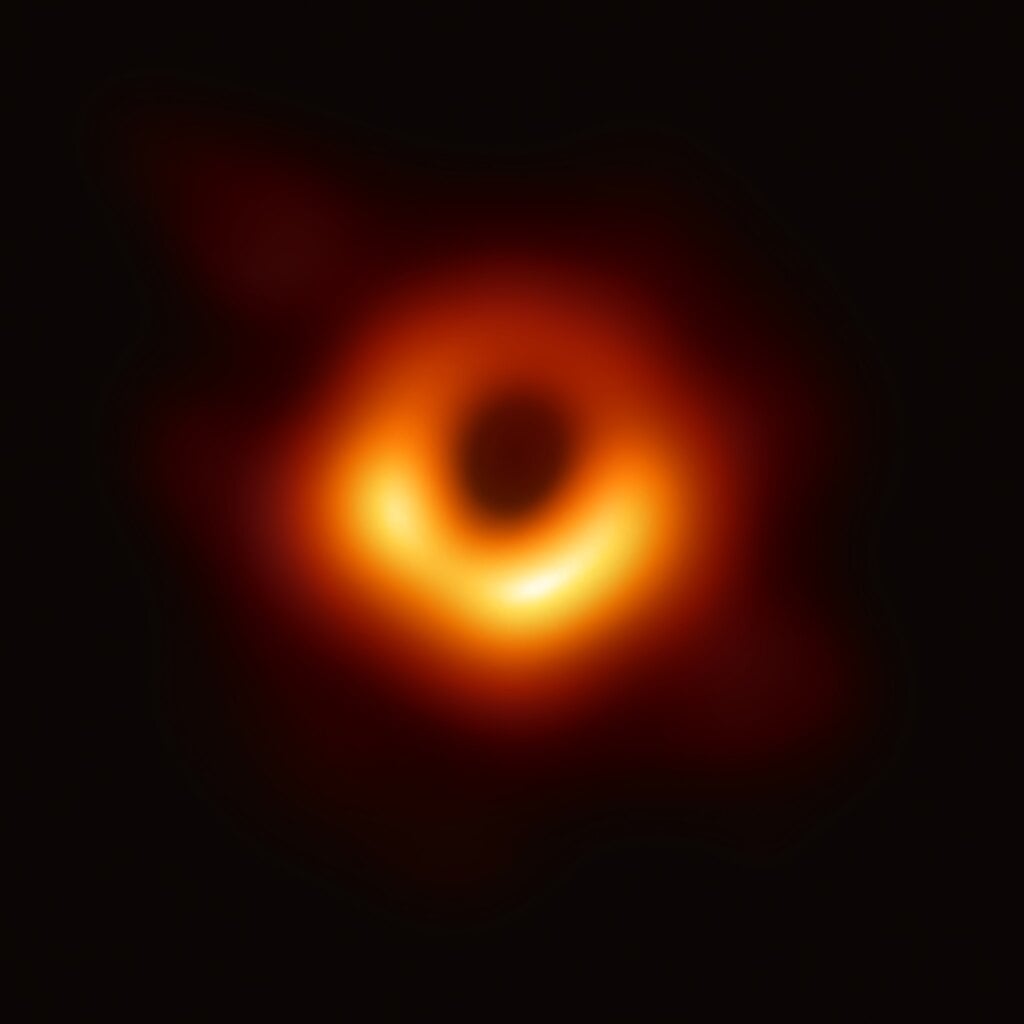- Deadly drains Dawn
- Four bodies found in Karachi manhole, teen killed in alleged police shootout Pakistan Today
- Eight-year-old dies in Karachi’s Korangi after falling into uncovered manhole Dawn
- Another manhole death The Express Tribune
- Four…
Author: admin
-
Deadly drains – Dawn
-
PM launches economic governance reforms – Dawn
- PM launches economic governance reforms Dawn
- Govt policies push inflation down to 4.5%: PM Geo News
- Pakistan adds over one million new taxpayers, foreign reserves jump to $21.2bn: PM Shehbaz Dunya News
- PM rolls out governance reforms under IMF…
Continue Reading
-
PTCL to participate in 5G spectrum auction – Dawn
- PTCL to participate in 5G spectrum auction Dawn
- PTCL completes acquisition of 100pc issued share capital of Telenor Pakistan and Orion Towers Dawn
- PTCL-backed MergeCo eyes 5G rollout The Express Tribune
- Who is Awais Vohra, the New Telenor CEO? TechJuice
- Telenor Pakistan sale completed TradingView — Track All Markets
Continue Reading
-

Scientists Race to Film Black Holes in 3D
The first photograph of a black hole arrived in 2019 like a revelation. That blurred orange ring surrounding the supermassive black hole M87*, 55 million light years away represented one of astronomy’s greatest achievements, the first…
Continue Reading
-
Financial inclusion stands at 58.1pc – Dawn
- Financial inclusion stands at 58.1pc Dawn
- SBP unveils Financial Inclusion Index The Express Tribune
- SBP launches Pakistan’s Financial Inclusion Index, pegs inclusion at 58.1 for 2024 Profit by Pakistan
- SBP unveils ‘financial inclusion index’ Business Recorder
- SBP Launches Pakistan’s Financial Inclusion Index ProPakistani
Continue Reading
-
Robust industry fuels positive outlook – Dawn
- Robust industry fuels positive outlook Dawn
- Economy In Focus: The Limits Of Stability Dawn
- 3.7% growth surpasses projections The Express Tribune
- 10 topics that dominated headlines in 2025 Business Recorder
- Pakistan’s Growth Slows After Monsoon…
Continue Reading
-
PSX closes last session of 2025 on bearish note – Dawn
- PSX closes last session of 2025 on bearish note Dawn
- New year rally sends PSX above 176,000 Dawn
- PSX starts 2026 at record high, KSE-100 gains over 2,300 points Business Recorder
- Trading at PSX turns choppy as investors lock in gains The Express Tribune
- PSX Says Goodbye to 2025 By Achieving 2nd Best Frontier Market Status ProPakistani
Continue Reading
-

East Bay animation studio makes its dream come true
BERKELEY, Calif. (KGO) — As a student at NYU’s Tisch School of the Arts, writer and director Alex Woo’s goal was to make an animated feature film.
“Every film student and every aspiring filmmaker, what they want to do is they want to make a…
Continue Reading
-
PSX closes last session of 2025 on bearish note – Dawn
- PSX closes last session of 2025 on bearish note Dawn
- PSX opens 2026 firmly as KSE-100 crosses 176,000 level Business Recorder
- Trading at PSX turns choppy as investors lock in gains The Express Tribune
- PSX Says Goodbye to 2025 By Achieving 2nd Best Frontier Market Status ProPakistani
- PSX crosses 176,000-point mark as bullish trend continues in New Year The Nation (Pakistan )
Continue Reading
-
Quality education, innovation roadmap unveiled for Islamabad schools, colleges – Dawn
- Quality education, innovation roadmap unveiled for Islamabad schools, colleges Dawn
- FDE Quality Education and Innovation Roadmap launched The Nation (Pakistan )
- Federal Minister Dr. Khalid Maqbool Siddiqui Launches Roadmap for Quality Education…
Continue Reading